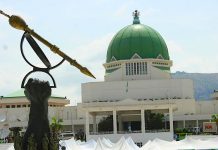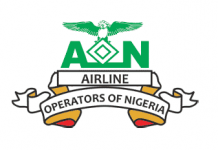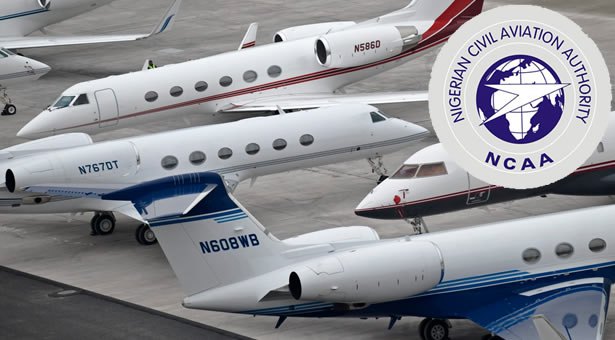In response to the alarming surge in airfare costs, the Nigerian Civil Aviation Authority (NCAA) has set up a committee tasked with curbing the escalating fares.
Acting Director-General, Chris Najomo, disclosed this initiative earlier today – Monday, February 12, 2024 – on the official X handle of the NCAA (@NigeriaCAA).
In a video shared on the handle, Najomo stated, “The authority has taken note of the significant rise in airfare costs, particularly for international travel. To address this concern, we have formed a high-powered committee to thoroughly examine the factors contributing to these inflated prices and strategize ways to bring them down.”
He further emphasised the collaborative efforts involving consultations with airlines, stakeholders, and relevant agencies to ensure effective implementation of the measures. “We’ve engaged with airlines and various stakeholders to chart a course of action towards reducing airfares,” Najomo added.
With Nigeria grappling with a challenging exchange rate, with the naira reaching unprecedented levels against major currencies, including the dollar, many travellers are seeking more affordable options.
Some foreign carriers have reportedly enforced ticket sales in dollars due to difficulties accessing funds locally, exacerbating the cost burden on passengers.
Presently, economy class tickets exceed ₦3 million, while business class fares range from ₦7 million to ₦8 million, depending on the airline and destination.
In a bid to secure cheaper fares, some Nigerian travellers are resorting to purchasing tickets from neighbouring countries like Benin, Togo, and Ghana for their international journeys.
The NCAA’s announcement comes amidst government efforts to facilitate the repatriation of funds owed to foreign airlines.
Although the Central Bank of Nigeria (CBN) said it had cleared the entire backlog of verified claims owed to foreign airlines whose payments had been blocked in the country, the International Air Transport Association (IATA) said another $700 million of owed money remained in Nigerian banks.



















